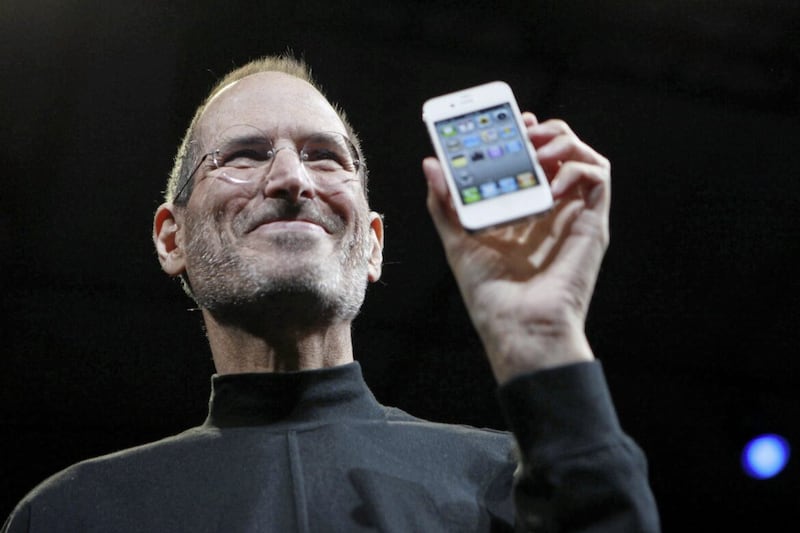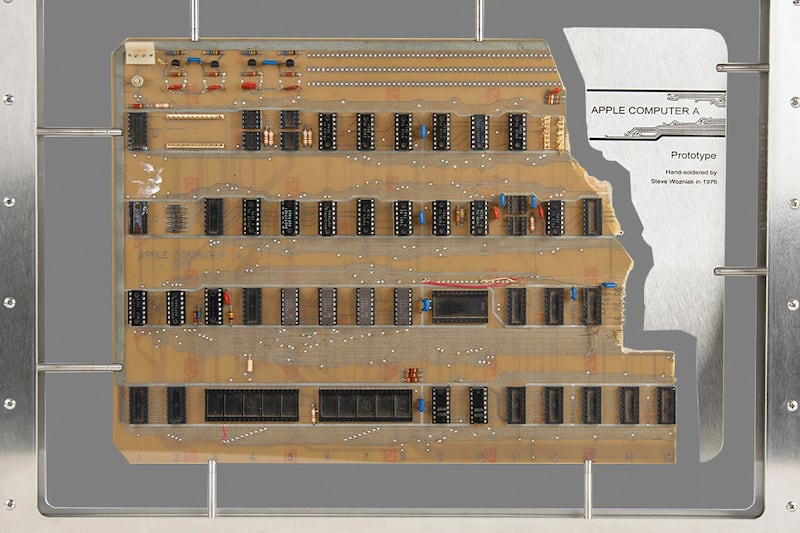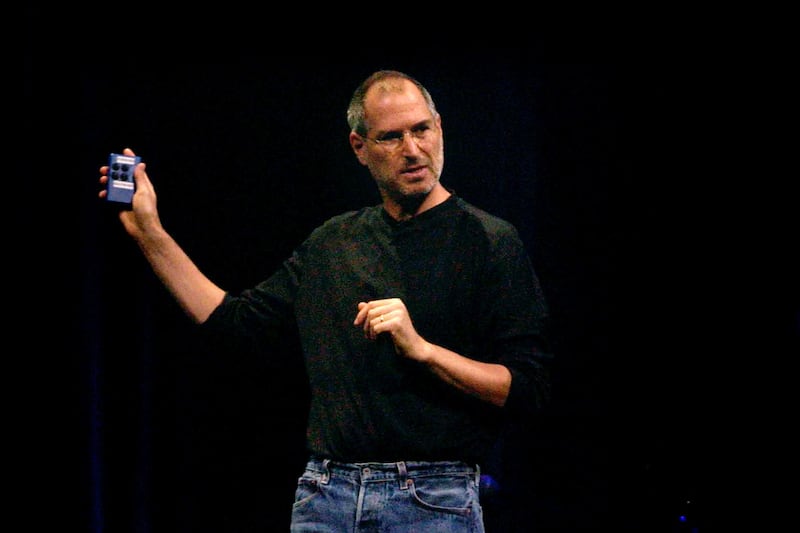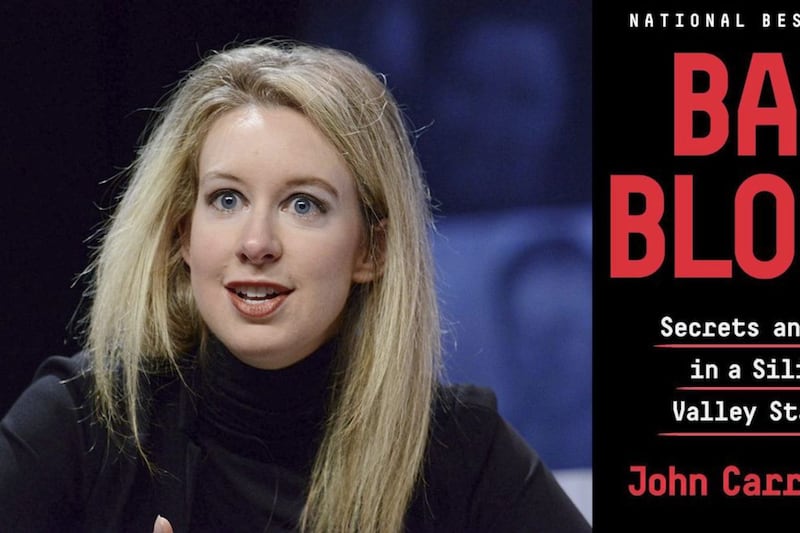STEVE Jobs is not the exhaustive account of the late Apple genius that some die hard devotees were hoping for. Sensibly, director Danny Boyle and screenwriter Aaron Sorkin have opted for a more episodic – and thus entertainment-friendly – glimpse into the world of a brilliant, deeply flawed man of historic standing.
A perfectionist with a devilish eye for detail and design, by his own admission, Jobs (portrayed by Michael Fassbender in the film) actually knew little about the inner workings of computers.
He left the 'tech stuff' to Apple braniacs like company co-founder and engineer Steve Wozniak (Seth Rogen) and computer scientist Andy Hertzfeld (Michael Stuhlbarg).
When an exasperated Wozniak demands to know "what do you actually do?", the Apple supremo compares himself to a musical conductor.
"The musicians play their instruments: the conductor plays the orchestra," he elaborates.
The movie also makes it wince-inducingly clear that Jobs knew even less about being a decent person or parent to his first child Lisa (played by Perla Haney-Jardine, Ripley Sobo, and Makenzie Moss at various ages throughout) than the inner workings of his iconic creations.
We see him treating Lisa's mother, ex-lover Chrisann Brennan (Katherine Waterston) with a cruel disdain that borders on outright disgust, and he only becomes interested in his five-year-old daughter when she takes a shine to his Apple Macintosh, thus flattering his ego.
Fassbender plays the late inventor of the iMac, iPod and iPhone as a man of almost cartoonish arrogance who is immensely proud of the media-fuelled cult of personality he has nurtured.
"The two most significant events of the 20th century: the Allies win the war, and this," is how Jobs sums up one product launch – and he's only half joking.
Such drive combined with his razor-sharp wit results in some wickedly funny onscreen exchanges in the now familiar rapid-fire style of Aaron 'The West Wing' Sorkin, many of them involving his long-suffering right-hand woman Joanna Hoffman (Kate Winslet), Apple's head marketing executive, presented here as the only person brave enough to stand up to her boss.
Yes, Jobs is far from likeable, yet the singular way he refuses to let anyone else's thoughts or feelings get in the way of his vision (at least at first) certainly makes him entertaining to watch.
Evenutally, it takes Wozniak to present his friend's flaws in computing terms: "It's not binary: you can be decent and gifted at the same time."
The film splits its screen time between three of Jobs's key product launches: the Apple Macintosh in 1984, a high-profile failure that precipitated his acrimonious exit from the company; NeXt in 1988, another failure but crucial for his subsequent return to the Apple camp; and 1998's iMac, Jobs's first smash hit since the landmark Apple II in 1977.
Much of the 'action' takes place in the back rooms of the launch venues (usually concert halls, tellingly) in the moments before Jobs must present his latest opus to the public – key moments of Apple history which, if the film is to be believed, doubled up as release valves for pent-up frustrations among his inner circle.
"It's like everyone chooses these moments to have a drink and tell me what they really think," marvels Jobs after one backstage altercation.
Thus, if certain events have been condensed and concentrated for dramatic effect, the film is at least witty enough to make light of the fact.
The film touches on possible mitigating factors for the Apple man's ruthless behaviour: one tale, involving the twice-adopted Jobs's unconventional relationship with his biological father, is so tall that it surely must be true.
A zippy, talky treat for fans of all its principal talent, Steve Jobs is far from a perfect film – but when it does work, it works beautifully.
How very Apple.
STEVE JOBS (15, 122 mins)
Starring: Michael Fassbender, Kate Winslet, Seth Rogen, Jeff Daniels
Director: Danny Boyle
THREE STARS








